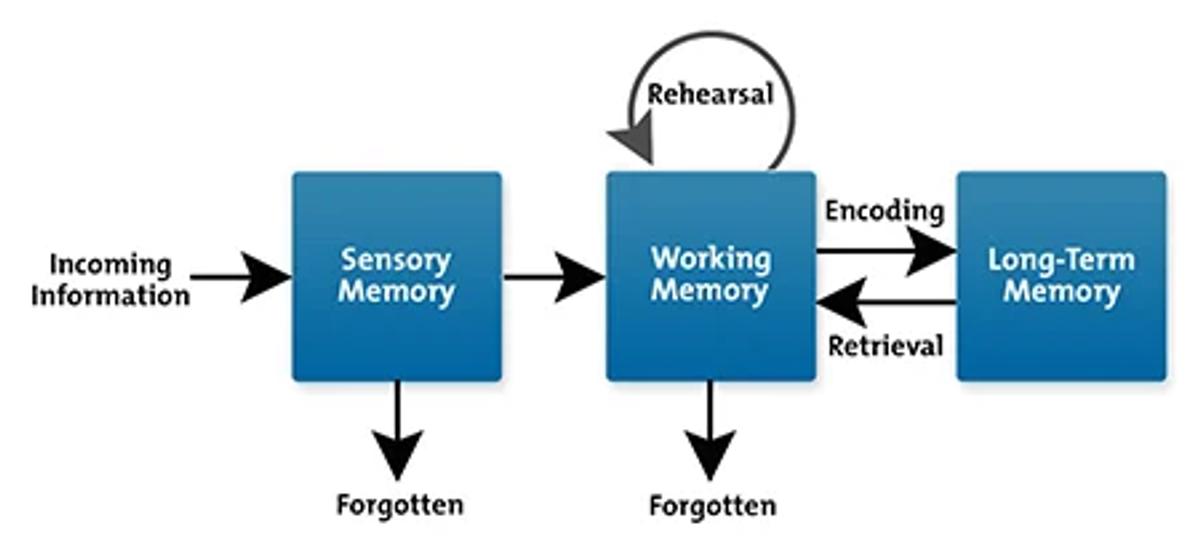Curriculum- Teaching and Learning

School Wide Teaching and Learning
In each edition of our school newsletter, we share with our community an insight into the curriculum being taught within our classrooms. This reflects our school's strong focus upon continuous improvement.
Each edition covers a different area of the curriculum, and is supported by our school-wide approaches to teaching and learning.
In this edition we focus upon providing you an overview of what has been occurring across our Inquiry curriculum.
What is Cognitive-Load Theory, and how does it link to our school structure?
Cognitive Load Theory can be defined using the simple analogy of imagining the brain as a bucket of liquid. There are three types of liquid that fill our "brain bucket" which are:
- sensory memory
- working memory
- long-term memory
The combination of these imaginary liquids is what we use to learn and apply knowledge, and the distribution of these three memory types is an important recipe for learning success.
At our school, we apply cognitive-load theory through such practical aspects as the structure of our school's daily timetable. For example, we start with the low cognitive-load of handwriting for 20 minutes each morning. We break our learning and play into short engaging snippets, by holding three 30 minute recess breaks.
Cognitive Load Theory also shows us that working memory can be extended in two ways. First, the mind processes visual and auditory information separately. Auditory items in working memory do not compete with visual items in the same way that two visual items, for example a picture and some text, compete with one another.
This is known as the "Modality Effect." So, for example, explanatory information has less impact on working memory if it is narrated, rather than added to an already complex diagram.
Second, working memory treats an established schema as a single item, and a highly practiced "automated" schema barely counts at all. So, learning activities that draw upon your existing knowledge expand the capacity of your working memory.
This means that pre-training, or teaching people prerequisite skills before introducing a more complex topic, will help them establish schemas that extend their working memory; and this then means that they can understand and learn more difficult information.
source: https://www.mindtools.com/pages/article/cognitive-load-theory.htm
The human brain can only process a small amount of new information at once, but it can process very large amounts of stored information.
source: https://www.slrc.org.au/pen-4-spacing-practice-enhances-memory/
For further information, refer to the summary paper below:


